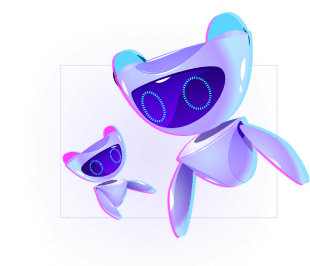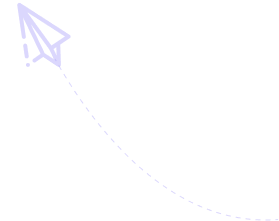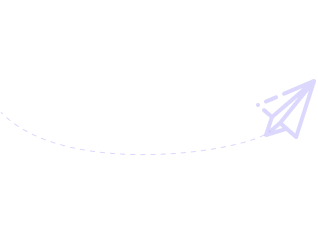Robotic Process Automation (RPA) in H2's AI Services refers to the use of artificial intelligence to automate repetitive, rule-based tasks traditionally performed by humans. This can range from simple tasks like data entry to more complex activities like customer service. By learning from past experiences and adapting to new ones, these "robotic" workers can significantly improve efficiency, reduce errors, and allow human workers to focus on more strategic, higher-value tasks.
In H2's AI Services, Image Processing uses artificial intelligence to interpret and manipulate visual data. It can analyze images to identify objects, features, or anomalies, enhance image quality, automate editing processes, or even generate new images. For instance, it can be used in healthcare to analyze medical imaging data, in retail to identify products, or in security systems to recognize faces or suspicious activities.
AI for Cloud Services' refers to the integration of artificial intelligence within H2's cloud services to enhance their performance and efficiency. AI can help optimize resource allocation, automate routine tasks, predict and identify issues before they escalate, and provide intelligent insights to drive decision-making. This could mean improved server uptime, enhanced security measures, better handling of traffic surges, or efficient data management, leading to overall improved user experiences and cost efficiency.
Machine Learning (ML) in H2's AI Services involves the use of algorithms that allow systems to learn from data, identify patterns, and make decisions with minimal human intervention. This could be applied in a vast array of scenarios - for instance, predicting customer behavior to inform marketing strategies, detecting fraud in financial transactions, automating inventory management in logistics, or enhancing predictive maintenance in manufacturing. ML can continuously learn and adapt to new data, improving the accuracy of its predictions over time.
H2's AI Services leverage Virtual Reality (VR) to create immersive, interactive environments for users. These can simulate real-world scenarios for various applications, such as virtual tours for real estate, immersive training programs for hazardous occupations, therapeutic interventions in healthcare, or gaming experiences in entertainment. AI enhances VR by making these environments more realistic and responsive to user actions, thereby improving the overall user experience.
Deep Learning, a subset of machine learning, involves the use of neural networks with several layers - these are the 'deep' structures that give deep learning its name. Each layer interprets the input it receives in a progressively higher level of abstraction, allowing it to handle complex tasks. In H2's AI Services, deep learning can be used for tasks like natural language processing, enabling machines to understand and generate human language; computer vision, teaching machines to interpret images and video; or even predictive analytics, making highly accurate predictions based on large volumes of data.
H2 GPU Compute provides powerful computing instances specifically designed to handle heavy AI workloads. Graphic Processing Units (GPUs) can process multiple computations simultaneously, making them ideal for the large-scale calculation needs of machine learning and deep learning tasks. Using H2 GPU Compute can significantly speed up AI computations, reduce processing time, and ultimately accelerate the delivery of AI solutions.
Getting started with H2's AI Services is straightforward. You can sign up for an H2 account, navigate to the AI Services section, and choose the service that suits your needs. H2 provides extensive documentation, tutorials, and SDKs to help you integrate AI Services into your applications. You can also reach out to our support team if you need any assistance.







